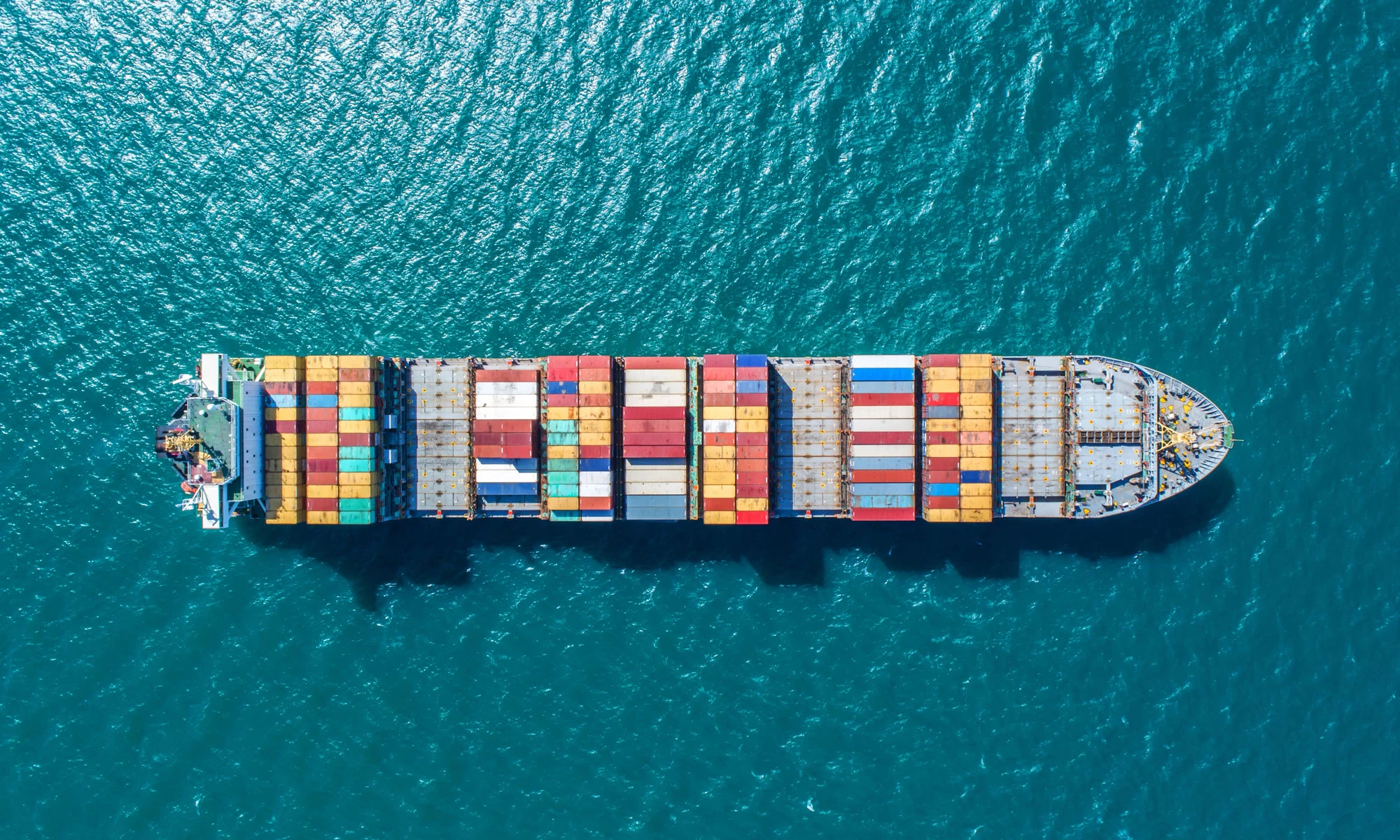Origin and production often already decide whether products are harmless.
As consumers, we trust that food contact products, for instance plastic containers for food, are chemically harmless. However, it cannot be taken for granted that all products available on the market do not contain any chemical toxins.
There are many reasons for this, starting with the choice of a suitable manufacturer and material and ending with the definition of a suitable test programme.
Basically, manufacturing safe food contact products is not difficult, but you need a good overview of the requirements, as well as manufacturing and quality know-how.
However, due to ignorance and good faith towards the actual manufacturers, chemical contamination of food contact products occurs more often than expected.
The affected products often come from the Far East, so that in 2011 the EU decided to issue a special EU regulation for the import of polyamide and melamine plastic kitchen articles – whose origin is often the People’s Republic of China – in order to protect consumers.
Furthermore, the EU Commission has adopted further steps (e. g. the above-mentioned Recommendation 2019/794) to better monitor compliance with existing EU regulations.
Inclusion of legal requirements in the selection of materials and ingredients.
At the EU level, the problem of chemically contaminated food contact products has been recognised and manufacturers as well as consumers can be informed about it via Rapid Alert System for Food and Feed (RASFF).
The most important EU regulations for ceramics and plastics and declarations to be drawn up to ensure safe food contact products are summarised below:
For both materials (ceramics and plastics), the superordinate Regulation (EC) No. 1935/2004 of the European Parliament and of the Council of 27 October 2004 on materials and articles intended to come into contact with foodstuffs and repealing Directives 80/590/EEC and 89/109/EEC (OJ L 336, 30.10.2004, p. 1) shall apply.
Another key Regulation is COMMISSION REGULATION (EC) No 2023/2006 of 22 December 2006 on good manufacturing practice for materials and articles intended to come into contact with food.
For ceramics and plastics, the following material-specific regulations and declarations are also required in the EU:
1. Ceramics:
Requirements for this are specified in Directive 2005/31/EC and in Annex III the requirements for the declaration of conformity to be issued are listed.
2. Plastics:
Requirements are summarised in EU Regulation No. 10/2011 (of 14 January 2011 on plastic materials and articles intended to come into contact with foodstuffs). Annex IV deals with the required declaration of conformity.
In addition to the above-mentioned directives and ordinances, there would, however, be further legal requirements to be tested for specific products and materials. Reason is, harmless material additives or limit values have been continuously adapted on the basis of new scientific knowledge. For example, for bisphenol A: COMMISSION REGULATION (EU) 2018/213 of 12 February 2018 on the use of bisphenol A in paints and coatings intended to come into contact with foodstuffs and amending Regulation (EU) No 10/2011 on the use of this substance in plastic food contact materials.

